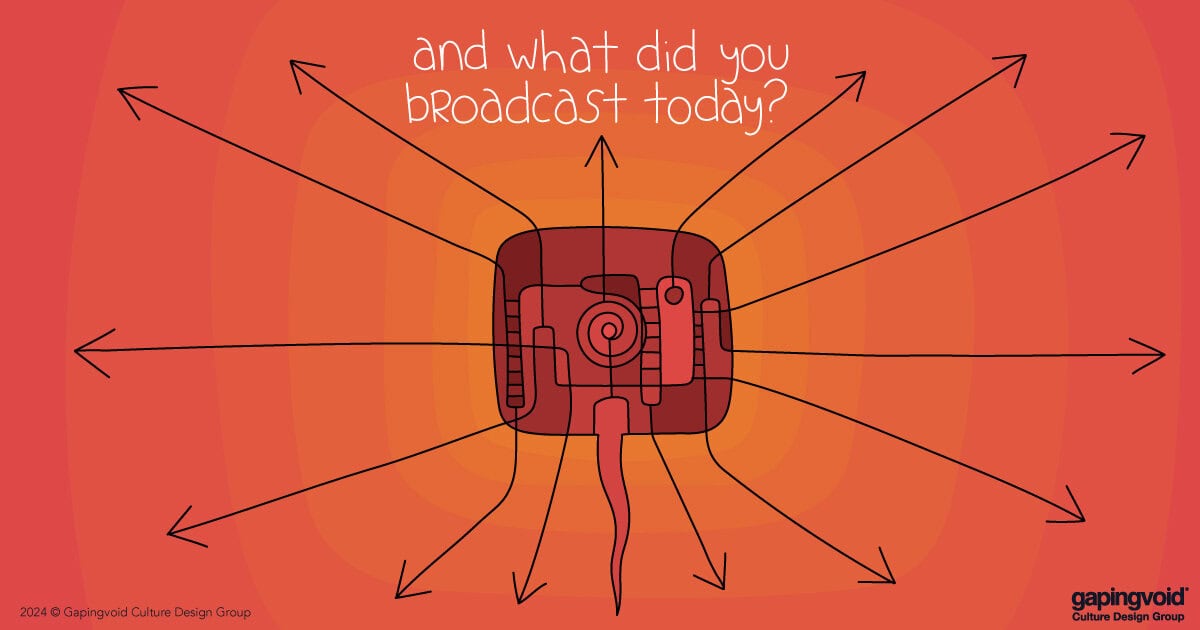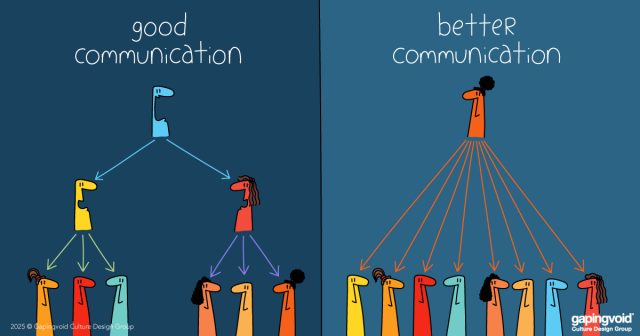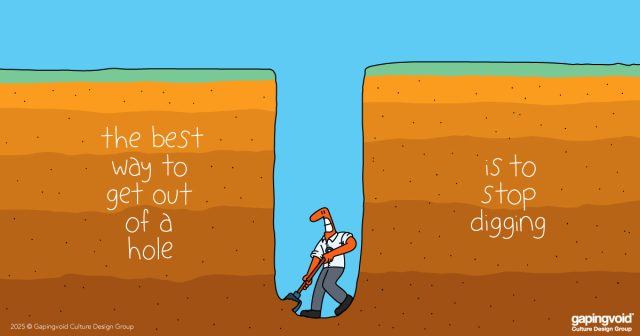
Doritos recently sent their chips to space. They developed a special chip that was eaten in gravity-free outer space by real astronauts, and live streamed back to Earth to raise money for St Jude’s Hospital.
Your first reaction may be why go to all this trouble? Just sell us good tasting chips at a good price and stop with the razzmatazz.
Your second reaction? “It’s just marketing. That crap doesn’t work on me.”
But are you sure about that?
For sake of argument, picture yourself on a first date. Do you open the conversation with your bank statements and medical records? Your CV and the LinkedIn profiles of your five closest friends? And then ask would you like to come home with me?
Of course not.
Instead, you send signals that help that person get to know you (whether you realize it or not):
- How you make them laugh (or don’t)
- The stories you tell and if they are interesting.
- The way you treat the servers.
- Your familiarity with Renoir and Degas, Tolstoy and Dostoyevski
- If you smell nice
- The sunniness in your disposition
Academics call this “signaling”- letting people know what kind of person you are, not by what you tell them (a method far too easily gamed anyway), but by showing them via your actions.
We all do it. Rich or poor, we live our lives in a sea of signals. How we speak to the person making our morning bagel. Our presence in meetings. The stories we share over cocktails. Our pitch to investors.
This signaling is marketing- “oblique” marketing, granted, but marketing nonetheless. Every interaction we make is a message.
And this is exactly what Doritos is trying to do with this commercial: “We’re worth thinking differently about, because we think differently.”
It’s a damn good strategy.
They’re not just selling ubiquitous, cheap, processed corn chips. They’re signaling to everyone – customers, employees, partners – that they’re a brand worth paying attention to.
The real story isn’t the space chip. It’s that Doritos understands something fundamental about human nature: We don’t trust what people tell us about themselves. We trust what they show us.
Every great leader, every successful organization, every lasting relationship is built on the same foundation – the ability to send the right signals at the right time. Our ability to show not tell.
A company culture, after all, is just a big ball of signals. That’s what the vast majority of human relationships actually are.
The truth is, we’re all broadcasting all the time. Every choice, every action, every word is a signal. The question isn’t whether we’re sending signals – it’s whether we’re sending the ones we mean to.



